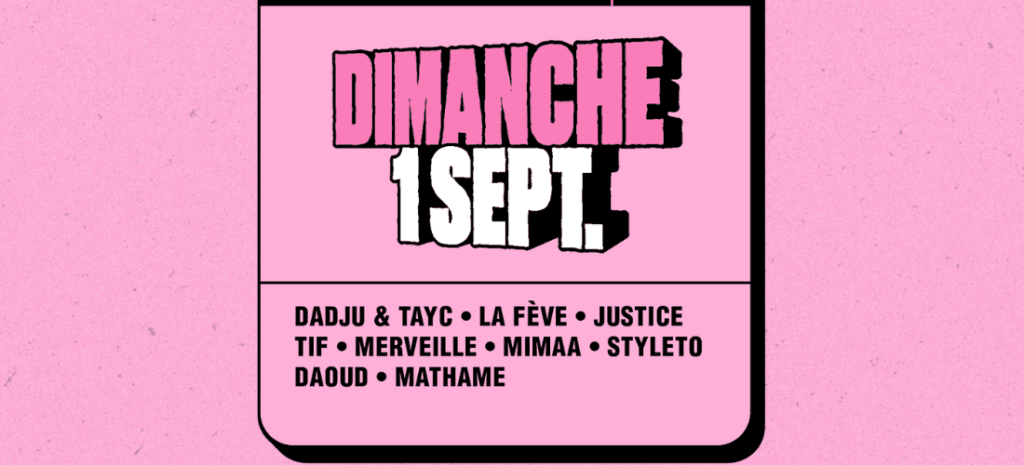Dua Lipa, born on August 22, 1995, in London, England, is a name that has become synonymous with innovative pop music and feminist ideals. Raised in a family deeply connected to music—her father, Dukagjin Lipa, was a notable rock singer in Kosovo—Dua Lipa was immersed in a musical environment from a young age. This early exposure kindled her passion for music, leading her to pursue her dreams relentlessly.
Lipa’s journey into the music realm wasn’t without its struggles. At the age of 15, she moved back to London from Kosovo to chase her musical ambitions, working as a waitress and posting covers on YouTube to gain attention. Her breakthrough moment came in 2015 when she signed with Warner Music Group, leading to the release of her debut single “New Love.” However, it was her 2017 eponymous debut album, featuring hits like “Be the One” and “IDGAF,” that catapulted her into stardom, marking her as a fresh and influential voice in pop music.
Dua Lipa’s early work is characterized by a unique blend of pop, indie, and R&B influences, setting her apart from her contemporaries. Her distinctive contralto voice and ability to infuse her music with diverse stylistic elements have earned her critical acclaim. Tracks such as “New Rules” not only showcased her musical prowess but also emphasized empowering, feminist themes, resonating deeply with a global audience.
Significant milestones in her career include winning the Grammy Award for Best New Artist in 2019 and the enormous success of her sophomore album “Future Nostalgia” in 2020. This album, featuring tracks like “Don’t Start Now” and “Physical,” solidified her place in the music industry as a global superstar and feminist icon. Dua Lipa’s journey from aspiring singer to international sensation underscores her resilience, creativity, and unwavering commitment to using her platform to inspire and empower.
Dua Lipa’s Impact on Feminist Music
Dua Lipa has become a significant figure in feminist music, seamlessly weaving themes of female empowerment into her lyrics and public statements. Her songs often highlight the strength and independence of women, urging them to challenge societal norms and embrace their true selves. In the music industry, known for its often male-dominated paradigms, Dua Lipa’s ascent stands as a testament to her resilience and commitment to feminist principles.
One prominent example of her feminist ethos is the song “IDGAF.” In this track, Lipa sings about self-respect and cutting ties with toxic relationships, promoting the idea of emotional independence. Similarly, “New Rules” offers a guiding manifesto for women to avoid repetitive, detrimental romantic entanglements. The song’s popularity underscores a collective desire for content that resonates with listeners on a profound, emotionally liberating level.
Moreover, Dua Lipa’s public persona and statements further embolden her feminist stance. In interviews and social media posts, she has consistently advocated for gender equality, emphasizing the importance of self-love and mutual respect. Her engagement with various feminist movements and outspoken nature on issues like body positivity and female solidarity solidifies her role as a contemporary feminist icon.
Collaborations with other female artists also highlight her dedication to promoting feminism. For instance, her partnership with Madonna and Missy Elliott on the remix of “Levitating” symbolizes a cross-generational alliance in the fight for gender equality in music. Such collaborations offer a platform to amplify feminist messages, creating a ripple effect that reaches a diverse audience.
Through her artistry and influence, Dua Lipa continues to challenge traditional gender norms and inspire a new generation of women to embrace their power, creativity, and independence. Her impact on feminist music is unmistakable, positioning her as not just a pop sensation, but a pivotal advocate for female empowerment in the modern era.
Innovative Musical Style and Creative Genius
Dua Lipa’s musical trajectory is a testament to her innovative approach and creative ingenuity. By blending pop, dance, and electronic music, she has carved out a distinctive niche that continues to evolve and redefine contemporary music. Her debut album, “Dua Lipa,” released in 2017, exemplified her potential with tracks that married infectious pop melodies with club-ready beats. Songs like “New Rules” and “IDGAF” not only dominated the charts but also showcased her ability to weave relatable narratives with empowering themes, resonating widely with listeners.
Her musical style further matured with her critically acclaimed sophomore album, “Future Nostalgia,” released in 2020. Dua expertly combined retro elements with modern production techniques, creating a soundscape that paid homage to the past while pushing boundaries. Tracks such as “Don’t Start Now” and “Levitating” feature funk-infused basslines and shimmering synths, encapsulating a sense of nostalgia alongside contemporary flair. These songs underscore her versatility and commitment to exploring new musical territories.
Dua Lipa’s creative process is equally noteworthy. Influences from a broad spectrum of genres, including disco, house, and rock, permeate her music, reflecting her eclectic taste and bold artistic vision. Her songwriting approach is collaborative and introspective, often co-writing with other prominent artists and producers. This synergy is palpable in her standout tracks, where intricate lyrics and dynamic compositions create a rich auditory experience.
Moreover, Dua’s involvement in the production aspects of her music highlights her multifaceted talent. Whether it is the finely balanced soundscapes of “Electricity,” a collaboration with Silk City, or the genre-blending track “Physical,” her hands-on approach ensures that each song is a cohesive blend of artistic prowess and technical skill.
Through her innovative musical style and commitment to creative excellence, Dua Lipa continues to set new standards in the music industry, earning both critical acclaim and commercial success. Her artistic journey reminds us that creativity and innovation are key to making enduring, impactful music.

A Bright Future Ahead For Pop Music
Dua Lipa has etched an indelible mark on the music industry and stands as a prominent figure in the feminist movement. Her myriad of awards and recognitions is a testament to her talent and influence. From Grammy wins to Brit Awards, her accolades mirror not just her musical prowess, but also her role as a cultural icon. Lipa’s unique ability to blend pop sensibilities with profound social messages has inspired a new generation of artists who look up to her as a beacon of both musical and feminist excellence.
Her influence extends beyond her music. Dua Lipa embodies the modern feminist spirit, advocating for women’s rights through both her lyrics and public persona. She has consistently used her platform to address issues such as gender equality and women’s empowerment, fostering a space where these vital discussions can flourish. Her commitment to these causes has solidified her as not just an entertainer but as a leader and a voice for change in today’s society.
Looking ahead, Dua Lipa’s future projects hold much anticipation. Known for her innovative approach to music, it is likely she will continue to push boundaries and explore new musical directions. Collaborations with other groundbreaking artists and ventures into unexplored genres could define her upcoming works. Moreover, her established commitment to feminist ideals suggests that future projects will also incorporate these themes, further weaving her advocacy into her artistry.
In reflecting on her journey so far, Dua Lipa’s ascent from a budding artist to a global superstar is both inspiring and indicative of her tremendous potential to shape the future of music and social activism. Her ability to interlace catchy melodies with powerful messages positions her as an artist whose legacy will endure, influencing not only the sounds of tomorrow but also the societal narratives they shape.





